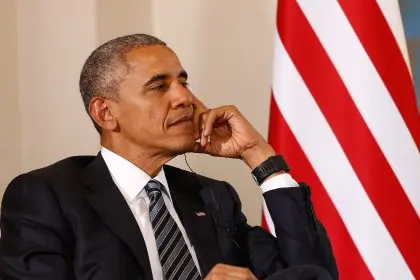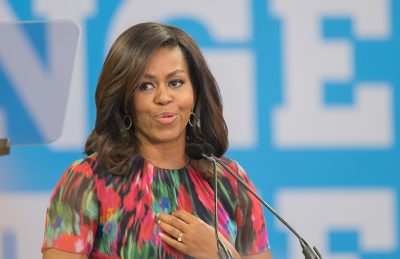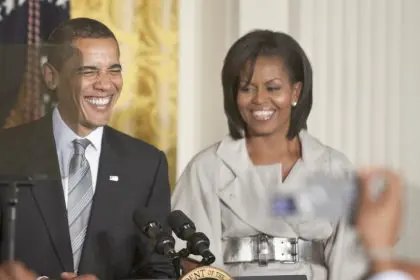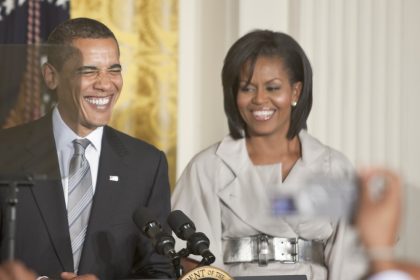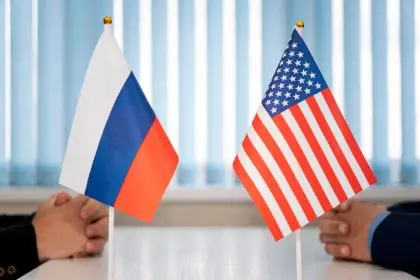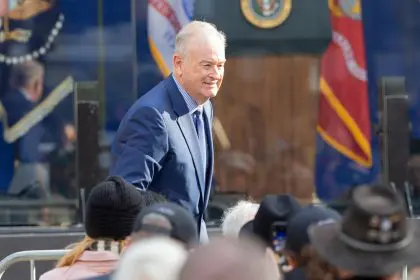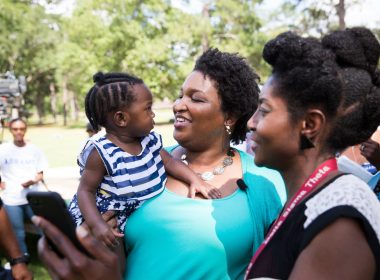Childish Gambino’s flippant tweet has sparked some outrage and irritation amongst Twitter users. The Atlanta hip-hop star touched a nerve by dismissing “Twitter activism,” but his sentiment is just one bit of reactionary balderdash that I have grown weary of as the conflict in Ferguson, Missouri, has continued to rage. So, for the readers and my own sanity, here are five things we should stop saying during moments of racial turmoil in this country.
“Twitter activism is wack”
This statement was tweeted earlier today by rapper and actor Childish Gambino (aka Donald Glover) as he was apparently expressing his frustration with the situation in Ferguson. It’s a staggeringly ignorant bit of “commentary” considering that Twitter, Instagram and Vine are the reasons why the general public was even made aware of the conflict in the St. Louis suburb. For three days, there was little-to-no coverage by the mainstream media regarding what was happening. Aside from Brown’s killing, and the burning of a QuikTrip the day after, there was no national on-the-ground, as-it-is-happening news coverage. But there was Twitter, with users like alderman @AntonioFrench, @Nettaaaaaaaa, @BrownBlaze and more offering at-the-moment coverage of what was taking place. So, Twitter activism is actually fairly essential to getting the word out to the people and a welcome alternative to the oftentimes late and misinformed approach of contemporary “legitimate” news outlets.
“Barack Obama shouldn’t need to and can’t address this”
The defense of the president in this situation has been truly frustrating. There is a crisis brewing in Ferguson; one of national interest as it involves a police department trampling on the Constitutional rights of American citizens and an excessive use of force that could possibly lead to catastrophe at any moment. This is when a president needs to step in and address the situation. Obama addressed shootings in Tucson, Arizona, four days after they occurred and Aurora, Colorado, within two days — not via a lukewarm statement — but by actually making his presence felt in those communities. For some sense of precedent, President Dwight Eisenhower ordered the National Guard to Little Rock to prevent any violations of the civil rights of students as they attempted to integrate Central High School. President H.W. Bush sent the National Guard to Los Angeles on the second day of the 1992 riots and he addressed the situation via statement on video the next day. President Obama and his supporters can’t be so preoccupied with a potential backlash from the right that it neutralizes his ability to be president. There is no re-election to win. The GOP take shots at Obama on a daily basis and that’s likely not going to stop, whether he intervenes on Ferguson or not. So he shouldn’t be afraid of the mean ole right wing. To be certain, there is plenty of blame to lay at the feet of Governor Jay Nixon, but the President’s extended silence and slow response also merits justifiable criticism.
“You should care this much about black-on-black crime”
This is a callous and foolish reactionary statement that too many black people are comfortable uttering whenever there is justified outrage at state-sanctioned hate crimes committed by police officers. It’s insulting to the countless individuals and organizations that battle gang violence in communities on a regular basis; but even worse, it assumes that a member of law enforcement killing an innocent black person is no different than black people killing each other. According to the Sentencing Project, African Americans are 21 percent more likely to receive mandatory-minimum sentences than white defendants and are 20 percent more likely to be sentenced to prison. That’s civilian black-versus-white conviction rates. When you factor in the relative few cases of white police officers actually being arrested, charged and convicted with murder after killing black people, and compare it to the rate that black men are put in jail for murder; it’s clear that only one type of offender is really feeling the brunt of the justice system. And it’s not the cop.
“We have to start with loving ourselves”
Black people’s alleged lack of self-love has nothing to do with systematic and institutional racism that continues to marginalize and exploit our communities. This system thrives on the backs of poor people, and more often than not, it is committed to keeping certain people poor. Black people loving themselves doesn’t alter the fact that black wealth as at the lowest that it’s been in 30 years–despite there being more blacks that are attending colleges. Going to college to better oneself is an act of love and self-worth, but what happens when you leave that college and find there are fewer job opportunities for you than there are for your white counterparts? Black people loving themselves doesn’t change the fact that, in the town of Ferguson, there are only 3 black police officers on a department that serves a community that’s 63 percent black. Black people’s love of themselves doesn’t help an Oscar Grant or a Sean Bell or an Eric Garner. Black people loving themselves hasn’t slowed or stifled urban gentrification of our neighborhoods. As long as white America is committed to the abuse, marginalization and subjugation of blackness, our own love of ourselves won’t save us from the economic tyranny and domestic terrorism visited upon us. It never has.
“Why aren’t the rappers saying anything?”
I’ve noticed over the past several days that this particular bit of hand-wringing seems to come mostly from hip-hop’s first generation: those 70s and early 80s babies who grew up with Public Enemy, Ice Cube and 2Pac. Those 30-40 somethings who had rapper’s speaking out regularly on hot button issues such as police brutality. But I’ve also noticed over the past several days that young people — mostly 20-somethings — have been mobilizing and sharing information via social media, galvanizing a movement and raising awareness. While the grownups are looking for a hero, the youth are pushing forward themselves. They didn’t grow up with this somewhat-naive notion of a recording artist being “the voice of a generation” or leading them anywhere. They look to these stars for entertainment and trends — and that’s about it. They don’t believe in them as leaders. And perhaps that’s a good thing. As a result, we have an entire generation that knows its own worth and realizes its own capacity for initiating change. They’re not waiting for a rapper to tell them what to do. And they’re stronger for it.


